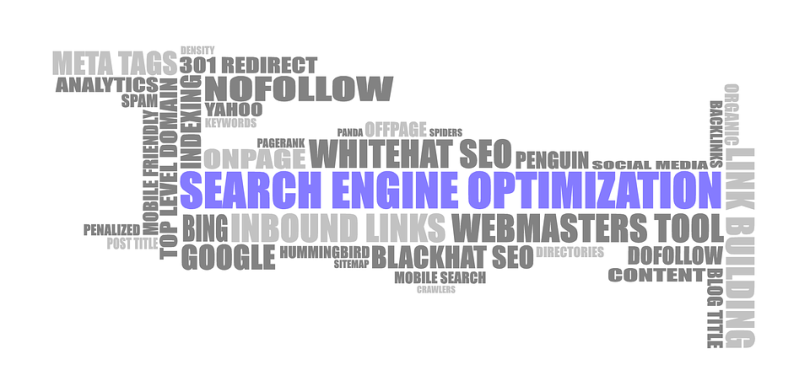In this article, you will get to know exactly what external SEO is and what points to follow to improve it. External SEO includes activities that take place outside of a website in an effort to increase a site’s ranking in search engines. Common off-page SEO practices include building backlinks, encouraging brand searches, and increasing engagement and engagement on social media. In other words: External SEO is all the things you do outside of your site so that Google and other search engines see your website as authoritative and valid.
Why is external SEO important?
Backlinks and other off-site signals still form the basis of the Google algorithm. In fact, a study of search engine ranking factors in 2020 found a clear correlation between total backlinks and Google rankings. Higher-ranking pages have more backlinks than lower-ranking pages, and Google has gone on record saying they still use PageRank.
Google also uses other external SEO signals. For example, Google’s quality assessment guidelines rely heavily on a site’s off-site reputation to determine whether or not that site is trustworthy. The final result? Links are by far the most important external SEO signal. But it’s only one of the things you have to watch out for and it’s not the whole story. I’ll cover links and other external factors you need to know later in this guide.
What is the difference between internal SEO and external SEO?
Internal SEO is anything you control directly on your website, including content, title tags, keyword usage, SEO-optimized URLs, internal links, and image alt text. External SEO is actions that happen away from your website, such as links and mentions on other websites.
Boost your external SEO with backlinks
Backlinks are very important when it comes to external SEO. Off-page SEO backlink building is about quality, not quantity. And if you want the links you create to really increase your SERP rankings, they have to be valid links from relevant sites. With most broken link building campaigns, you are looking for broken links pointing to a specific page. By linking to broken content, you are using Semrush’s site audit as a broken link search engine. Then, use the traditional BLB to link to your site.
Posting long, informative texts over long pages can make others more likely to relate to you. In fact, when we analyzed over 900 million blog posts with BuzzSumo, we found that long-form content gets 77% more links than shorter posts. Long-form content generates more backlinks than short blog posts.
Guest blogs help external SEO in many ways. First, guest posts expose your brand to a whole new audience. Second, guest posts can lead to brand mentions without a link. Signals without links are not as strong as backlinks. But they still help. Finally, you can generate links from your guest posts.
Generate brand signals
Now it’s time to cover an incredibly undervalued part of external SEO: brand signals. Brand signals are what Google uses to determine if your site is a reputable brand. Branded searches are the number of people searching for your brand on Google. You can easily find this information in the Google Search Console performance report. YouTube marketing is one of the best ways to strengthen your brand signals.
There are two reasons for this. First, your videos can get in front of a lot of people. Second, many people who watch your videos will search for your brand on Google. Because YouTube doesn’t make it easy for people to visit your site from YouTube. This is a problem in some respects. But the upside is that if one of your videos is doing well, it can lead to an influx of searches for the brand.
Set up brand tracking
Brand tracking is an easy way to see how many people are talking about your brand on news sites, blogs, forums… and see how this pattern changes over time. There are great brand tracking tools out there (eg Mention.com). Personally, I use BuzzSumo’s “Alerts” feature.
Search-based content can directly help off-page SEO by sending you high-quality links. Google said that social signals do not contribute to ranking. Social sharing can indirectly help with external SEO. Because social shares bring more attention to your brand…which can lead to more searches and mentions of the brand.
I hope you enjoyed my guide to Offsite SEO. Which tip from today’s guide would you like to try first? Are you planning to send more press releases? Or maybe you want to be interviewed on the podcast. Either way, let us know now by leaving a comment below.








Leave a Comment